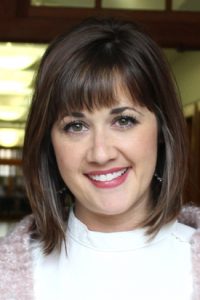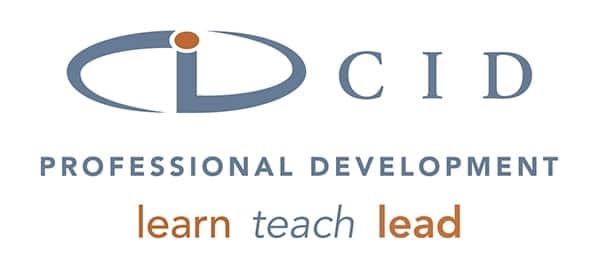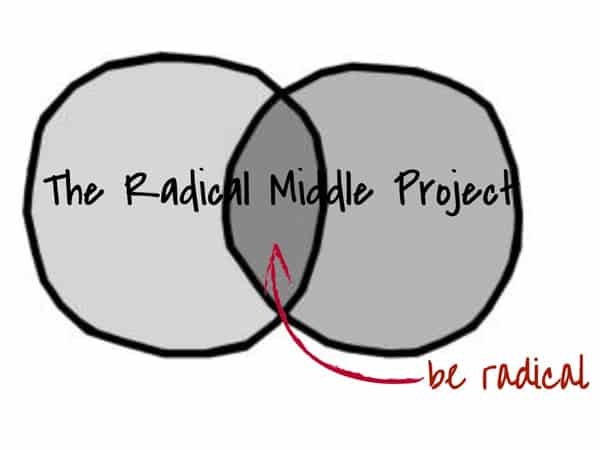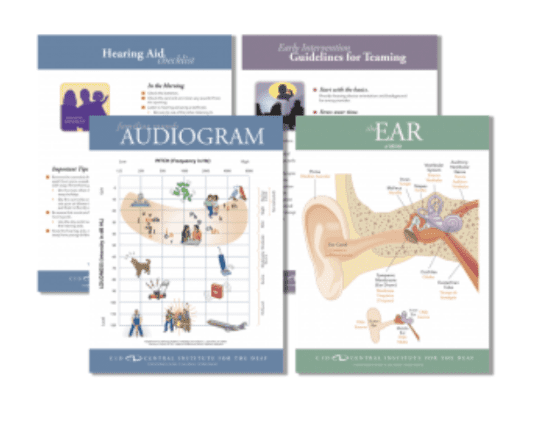Aye, fight! But not your neighbor. Fight rather all the things that cause you and your neighbor to fight. –Mikhail Naim
The goal of The Radical Middle: Unity, not Uniformity in Deaf Education, is to create a community of practice among researchers, teachers, parents, and the deaf community around a common goal of philosophical partnership as it applies to communication choices and educational options for children who are deaf or hard of hearing. Those with radically middle mindsets are actively opting out of the fight of one another, and opting to fight to promote outcomes for learners who are deaf/hard of hearing. We can fight language deprivation, child maltreatment, illiteracy, and ableism—but fighting one another does not serve to end these oppressors. We’re learning to fight these oppressors without fighting one another.
The purpose of this group is to provide a forum for individuals invested in improving the educational outcomes for students who are deaf/hard of hearing (DHH) to discuss, challenge, and think through our differences so that we can broaden our understanding of multiple perspectives and, ultimately, find ways to work together towards a common goal. The Radical Middle (TRM) welcomes individuals with expertise representative of a wide range of philosophies who are willing to work together (through research and collaborative efforts) towards a common goal of doing what is best educationally and linguistically for individuals who are deaf or hard of hearing, with the hope of creating a more balanced perspective on how we address these issues in our research, practice, and otherwise.
As we create a community of practice among researchers, teachers, parents, and deaf individuals, we continue to refine our activities in an effort to bridge the “research to practice” gap and serve our membership and the field of deaf education. Thus, The Radical Middle Team has developed two strands focusing on research and practice. Our Research Strand team will focus on research dissemination and discussion and our Professional Strand (practice) team will focus on strategy instruction, professional development, and outreach.
During a concurrent session at the 2018 Association of College Educators of the Deaf and Hard of Hearing (ACE-DHH) Conference in Tucson, Arizona, TRM leaders addressed the development of a shared google document to connect researchers (and those who want to participate in research) across expertise. A room full of ACE-DHH conference attendees discussed the potential value of cross-expertise collaboration. Following this session, professionals entered their contact information and research profiles in a shared document with the hopes of expanding the effects/implications/impact of their research capacity by connecting with researchers across our diverse field. Think of this as a match-making of sort – researcher-seeking-researcher for a common interest, be it specific methodology, population, or aspect of literature in order to expand the collective research capacity. If professionals take advantage of this type of match-making, we believe the impact will include:
- Expanding research across demographics and settings
- Collaborating across research interests to enhance opportunities for future large-scale funding (e.g., Spencer, Institute for Education Sciences, etc.)
Research has clearly demonstrated that each child has his/her own individual and unique needs, strengths, and preferences when it comes to communication and education, and that a “one-size-fits-all” approach for education and communication with children who are DHH cannot possibly meet the needs of every child (Easterbrooks & Maiorana-Basas, 2015; Gardiner-Walsh & Lenihan, 2017). Yet, many parents, professionals, and individuals who are DHH make decisions based on their personal and/or philosophical stance, rather than the characteristics or needs of a particular child (Lederberg, Schick, & Spencer, 2013). Researchers with a radical mindset aren’t aiming to radically shift their own expertise, but intentionally partner with those whose work will complement, challenge and ultimately enhance their ability to seek answers to critical questions in our discipline.
If this radical concept appeals to you, but contributing to research isn’t quite your jam, hang tight. We will continue to build the Professional Strand geared towards professional preparation and development. (Obviously we’re all consumers of research, so we too have an interest in this radical matchmaking of researchers.)
A few more opportunities to engage…TRM has launched an online professional development series this year. We are looking for collaborators to develop and present content to our members on a variety of topics. Do you have a topic that might appeal to our radical community? Drop us a line by using the “contact us” feature on our homepage, https://radicalmiddledhh.org.
Additionally, we have developed a series on The Art of Expertise: 10 Tips to Finding the Middle. We are also looking for collaborators and participants for this series. You can get more information about these moderated conversations here: https://radicalmiddledhh.org/live-moderated-discussions/
Not sure if you are Radical Middle? Check out this link! https://radicalmiddledhh.org/what-makes-a-radical-middle-er-radical-middle/
Much of this content was originally presented during a concurrent session, “The Radical Middle: Collaborative Research that Reaches All Students” on Friday, February 16, 2018.
References
Cannon, J.E., Maiorana-Basas, M., Guardino, C., Beal, J.S., Voss, J., & Ballard, M.B. (February 15, 2018). The Radical Middle: Collaborative Research that Reaches All Students. 2018 Conference of Association of College Educators of the Deaf/Hard of Hearing. Tucson, AZ.
Easterbrooks, S. R., & Maiorana-Basas, M. (2015). Literacy and deaf and hard-of-hearing students In Harry Knoors & Mark Marschark (Eds.), Educating deaf learners: Creating a global evidence base (pp. 149-172). Oxford University Press.
Gardiner-Walsh, S. & Lenihan, S. (2017). Communication Options. In S. Lenihan (Ed.), Preparing to teach, committing to learn: An introduction to educating children who are deaf/hard of hearing (8). EHDI Learning Center. Retrieved from https://www.infanthearing.org/ebook-educating-children-dhh/index.html
Lederberg, A. R., Schick, B., & Spencer, P. E. (2013). Language and literacy development of deaf and hard-of-hearing children: successes and challenges. Developmental Psychology, 49(1), 15.













